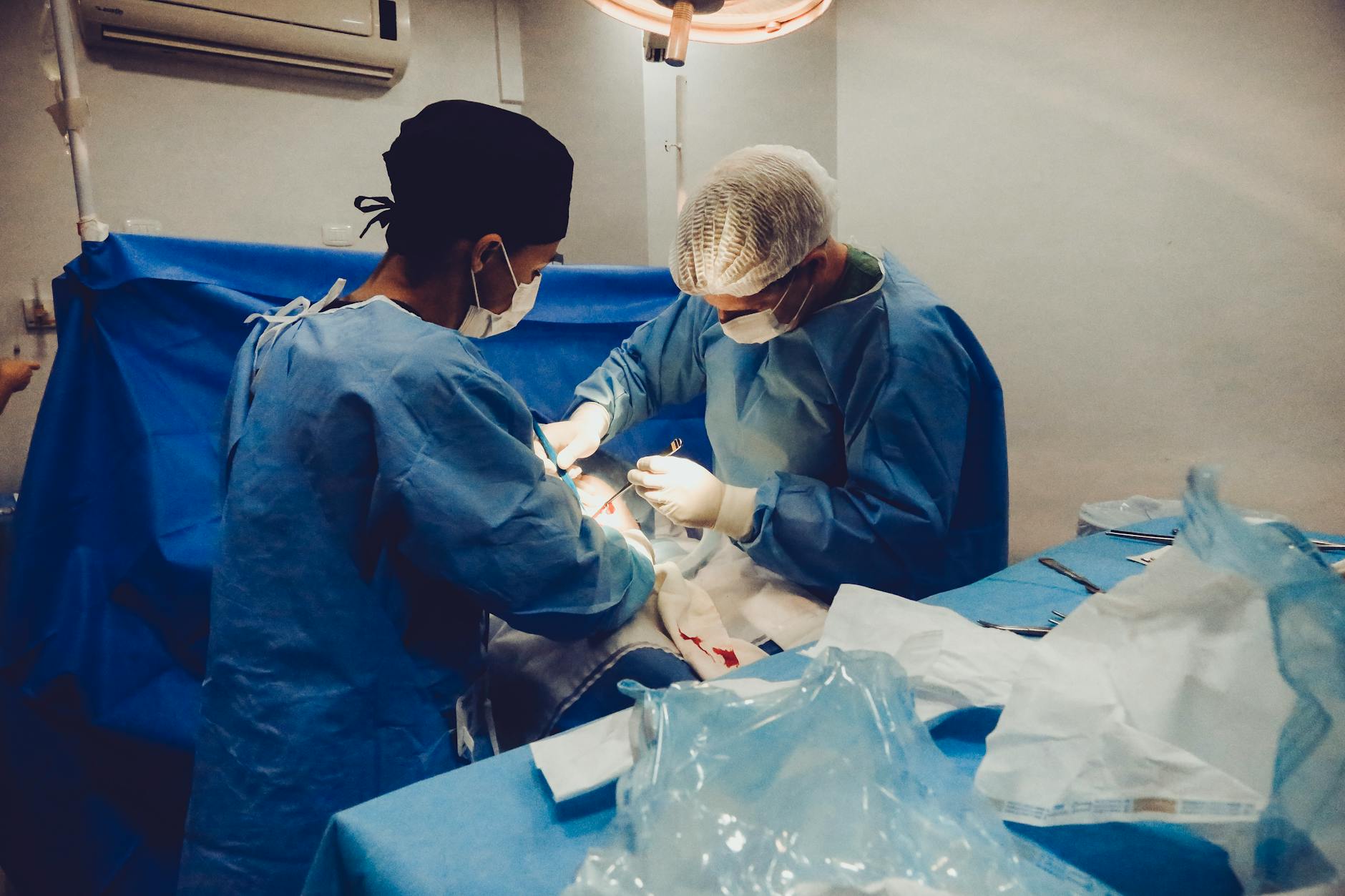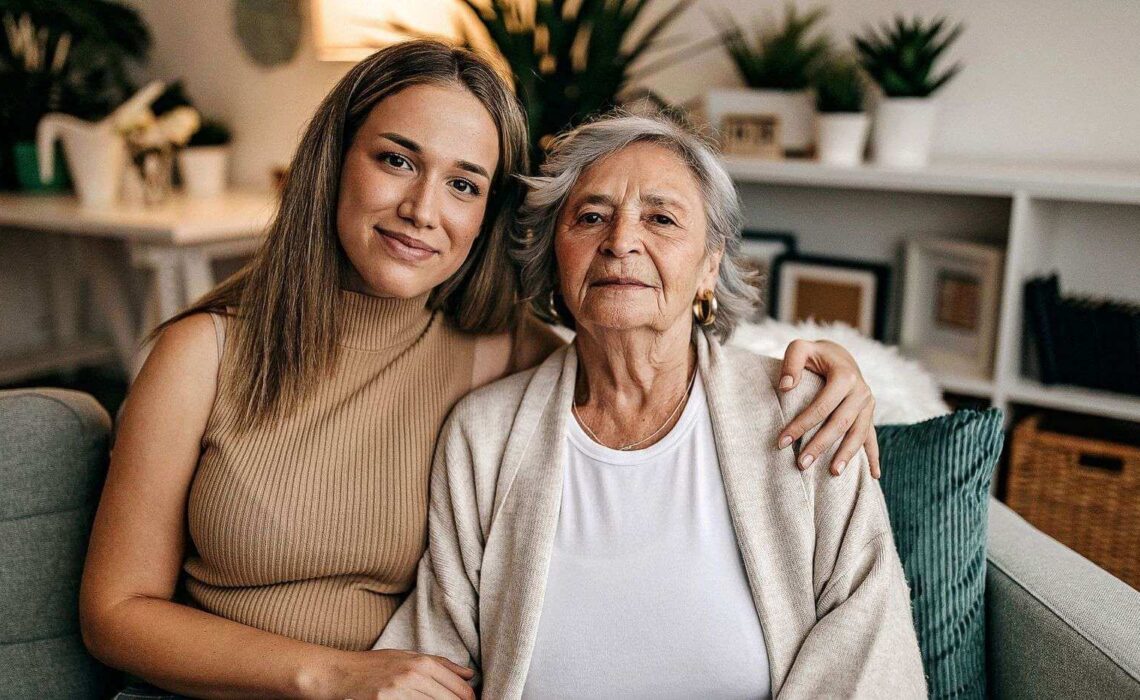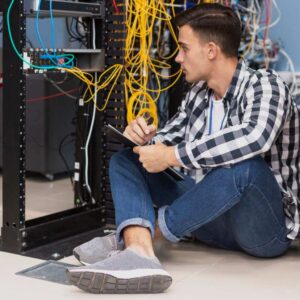Many people don’t know what to expect when a parent has lower back surgery. This is because there are many different ways lower back surgeries can be done. The type of surgery will depend on the diagnosis and the individual’s needs. People who’ve had successful lower back surgery often need assistance from their adult children for at least the first few months after an operation.
In this article, we’ll introduce you to some ways you can help your parents after lower back surgeries, whether they’re recovering from laminectomy or spinal disc replacement or any other procedure that removes damaged discs or bone growths from around the spine.
First Steps
After lower back surgery, it’s essential to find out what kind of physical therapy will be necessary. If you have any additional questions or concerns, make an appointment with your doctor or a qualified physical therapist (Nurse Practitioner). After the patient’s condition stabilizes, it is often beneficial for family members to spend time at home with the family during this period. The patient’s primary physician can provide any remaining post-operative care. Home health nurses can also be of great assistance in this transition phase. These nurses are specially trained in caring for patients who are unable to go home on their own.
Helpful tips for helping your parents after lower back surgery
Here are several suggestions for helping your parents after lower back surgery:
- There may be times when you’ll need to help your parents into or out of their wheelchairs or beds. Be sure to follow their doctor’s orders. If they are unable to help themselves, then you must help them, but gently. If a physical therapist is not helping your parents, you can prepare for this time.
- When lifting or turning your parent, keep your back straight and bend at the knees, not the waist. Your parent will be more stable if you use a seat belt lifting strap.
- Keep an eye on how much weight your parent is regularly lifting. Many people believe their strength has returned to normal after lower back surgery, but often they are not as strong as they think. If you see your parent begins to lift a heavy object, offer to help if it’s within your capability.
- Make sure there is plenty of room for your parent to move around, and this will help them avoid falling and possibly re-injuring themselves. If possible, clear the area of clutter and furniture that might cause them to trip or stumble.
- Your parent may have trouble with balance after their lower back surgery. Be sure to give them plenty of time to get around and help guide them if you notice that they have a hard time.
- Your parent may need to take a lot of medications after lower back surgery, so helping with this process is essential. Review all your parent’s medications with their doctor, so you know exactly what they are taking. Make sure to follow the doctor’s instructions about when and how much medicine to give your parent.
- In the weeks after surgery, your parent will probably experience some muscle spasms and pain. It’s important to realize that this is normal and expected following lower back surgery. However, if there are no apparent signs of improvement within a few weeks, let your parent’s doctor know immediately.
- Help your parent get to and from her appointments, but don’t push her to go places or do things before ready. Most patients feel better after a few weeks, but it may take several months for them to recover completely. Your patience and support are essential during this time.
- Give your parents plenty of time to rest. It’s also essential for them to take it easy when active (don’t lift anything over 10 pounds). Walking is often therapeutic after lower back surgery, so make sure they know they should take it easy when they start getting around again.
- Your parent should focus on gaining strength and flexibility after lower back surgery, and regular exercise is the best way to gain as much as possible from their recovery. Your parent should try to walk as much as possible, but if they begin to feel any pain or discomfort, they should stop immediately.
What medical devices may help after lower back surgery?

When choosing a medical device, it is essential to look at how it will be used throughout the patient’s life. For example, Premia Spine focused on creating a device that was easy to insert and remove from the spine after surgery while still being safe for the patient.
The device that you choose should be easy to use. It also needs to be easily available and of high quality. For example, the Premia Spine TOPS lumbar motion device is designed for lower back fusion surgery, and it is safe for patients of all ages. The device can bend the patient’s spine 10 degrees without overstressing it. Premia Spine TOPS lumbar motion device is specifically designed to help people regain their mobility. It provides a new option for people being an alternative to spinal fusion.
Other helpful devices include:
- Seat cushions and contour pillows – These devices can help keep your parent comfortable and reduce the pressure around the painful area of their backs.
- Wheelchair cushions – These devices help support the back and legs of someone sitting in a wheelchair.
- Back braces – These devices provide support for the lower back area.
Some products can also help with pain relief, such as electrical stimulation devices (E-stim). These are sometimes marketed as electrical acupuncture devices, though they are not acupuncture devices. They are designed to stimulate different body parts by sending mild electrical pulses through wires attached to the whole body’s nerves.
Conclusion
Lower back pain is a common problem that often requires surgery. When this happens, your parent will likely be advised to follow a specific recovery protocol by their doctor. You can help them remain as comfortable as possible during this time by helping them at home with exercises and other tasks. If you have any concerns about your parent’s recovery, contact their doctor right away.
- How To Create A Safe And Comfortable Home Environment For In-Home Care In Boca Raton? - July 16, 2024
- 10 Trendy Black Nail Ideas To Elevate Your Nail Game - May 6, 2024
- Getting A Free Divorce In Virginia? Here’s What To Expect - April 24, 2024





No Comments